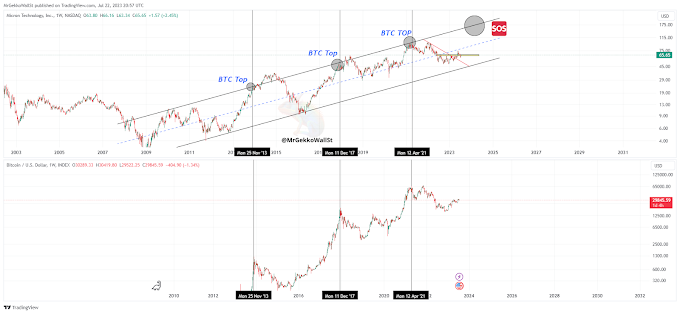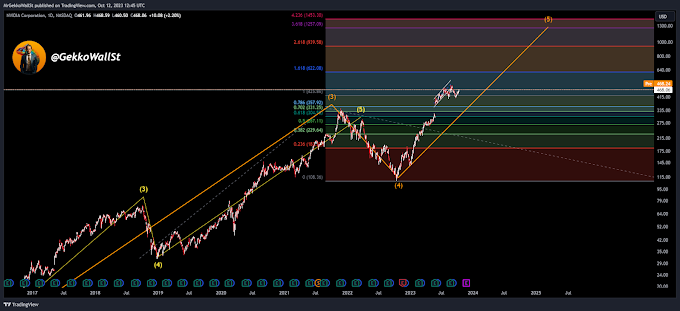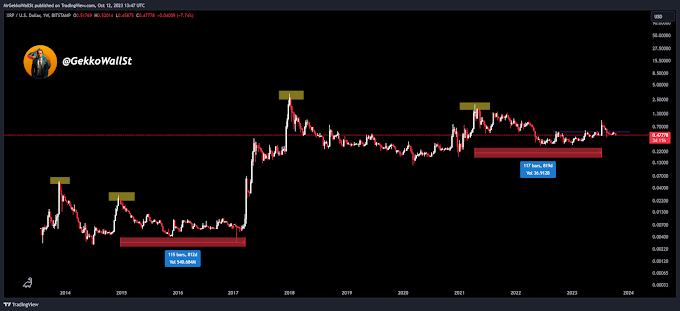Safely storing cryptocurrencies is crucial to prevent theft, hacks, and losses. Here are some recommended practices to ensure the security of storing your cryptocurrencies:
1. Hardware Wallet: One of the most secure ways to store cryptocurrencies is by using a hardware wallet. These physical devices keep your private keys offline, significantly reducing exposure to cyberattacks.
2. Paper Wallet: A paper wallet is a physical printout of your public and private keys. This approach keeps the keys offline, but it's important to store the paper wallet securely and in a damage-proof manner.
3. Offline Wallets: Offline wallets, also known as cold wallets, are not connected to the internet. This helps minimize exposure to online threats. Examples include hardware wallets, paper wallets, and dedicated offline computers.
4. Updates and Backups: Keep your wallets and software up to date with the latest security versions. Additionally, regularly back up your private keys and other important data.
5. Two-Factor Authentication (2FA): Use two-factor authentication whenever possible. This adds an extra layer of security by requiring a second verification method beyond your password.
6. Strong Passwords and Password Manager: Use strong and unique passwords for your cryptocurrency-related accounts. Consider using a trusted password manager to store and generate complex passwords.
7. Secure Network: Avoid accessing your wallets or making transactions on public or untrusted Wi-Fi networks, as they can be vulnerable to hacker attacks.
8. Device Protection: Keep your computer and mobile devices secure, updated, and protected with antivirus software and firewalls.
9. Don't Share Personal Information: Never share your private keys, recovery phrases (seed phrases), or personal information related to your cryptocurrencies.
10. Phishing and Scams: Be cautious of fake emails, messages, and websites attempting to steal your information. Always verify the authenticity of sources before providing sensitive information.
11. Diversification: Don't store all your cryptocurrencies in one place. Consider spreading your funds across different wallets to minimize risk.
Remember that even when following all these practices, there is no method that is 100% fail-proof. Therefore, it's essential to stay updated on best security practices and remain vigilant against constantly evolving threats.





